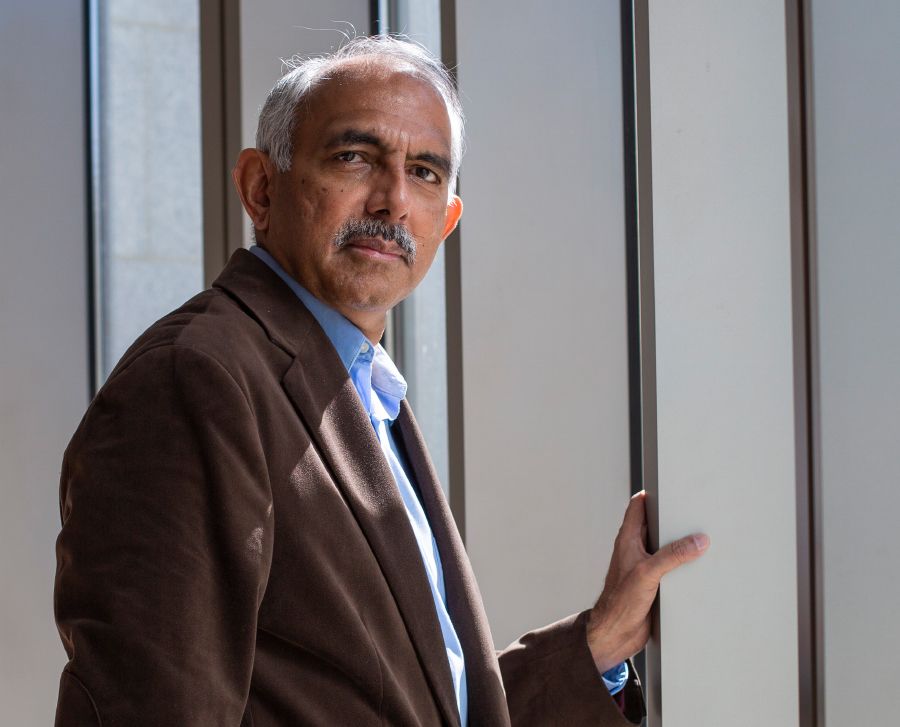How Emory is Using AI to Advance Diabetes Care

For Dr. K.M. Venkat Narayan, director of the Emory Global Diabetes Research Center, artificial intelligence is not just about algorithms or large language models, but facilitating integration, collaboration and measurable outcomes in healthcare.
“We think of global and local as two sides of the same coin,” Dr. Narayan said, citing how methods tested in India are shaping health solutions in rural Georgia and vice versa. The Emory Global Diabetes Research Center has been recognized for its global initiative to research diabetes and find new ways to prevent and treat it. With an estimated 822 million people living with the condition globally, and 212 million of them in India, the center has built international partnerships with institutions like the Indian Institute of Technology and prominent diabetes centers in Chennai and Delhi.
One promising advancement involves using AI to improve early diagnosis and healthcare access in rural communities. “You don’t need a blood draw,” Dr. Narayan said. “Taking a picture of the eye can now help us detect diabetes – and potentially dementia – using AI.”
This innovation, if fully integrated into mobile platforms such as smartphones, could increase diagnostic capabilities in rural areas that often lack the infrastructure for traditional testing methods. In a study funded by the National Institutes of Health involving more than 8,000 individuals in India, researchers are evaluating how AI-analyzed eye images can detect the early stages of dementia. The same technology could one day support screening and diagnosis in rural Georgia, where specialty care is often limited.
The center’s AI initiatives are attracting the attention of top experts in the field.. “Over the past few years, we’ve directly recruited three AI faculty into our center,” Dr. Narayan said. In addition, multidisciplinary collaborations with Emory experts like Dr. Anant Madabhushi and Dr. Joyce Ho are driving a new generation of projects focused on AI-powered detection and large-scale analytics.
“With our 22,000-person cohort, we’re combining multiomics, heart and brain imaging, and clinical data to better understand chronic disease progression,” he said.
These efforts are grounded in what Dr. Narayan described as an “ecosystem of expertise,” where disease specialists, data scientists and humanities scholars work together. It is a deliberate strategy that acknowledges both the potential and the limitations of AI.
“AI doesn’t understand constraints the way humans do,” he said. “It might give you a solution that’s mathematically sound but biologically meaningless—or even ethically dangerous.” He emphasized the importance of interdisciplinary collaboration, adding, “people trained in AI don’t naturally speak the same language as public health experts or philosophers. But it’s those conversations that make the research relevant.”
Ensuring affordability and access remain central to the center’s mission. Whether leveraging mobile diagnostic units in India or exploring telemedicine-supported AI tools in rural Georgia, the question these experts are striving to answer is will it work for people who lack access to healthcare and need it most?
In June 2025, the center will host a Georgia-based hackathon modeled after a successful initiative in India, where researchers identified the 10 most pressing diabetes-related challenges. At the upcoming American Diabetes Association Conference in June, several abstracts will be presented that focus on AI applications in diabetes care, including the use of eye images for disease detection.